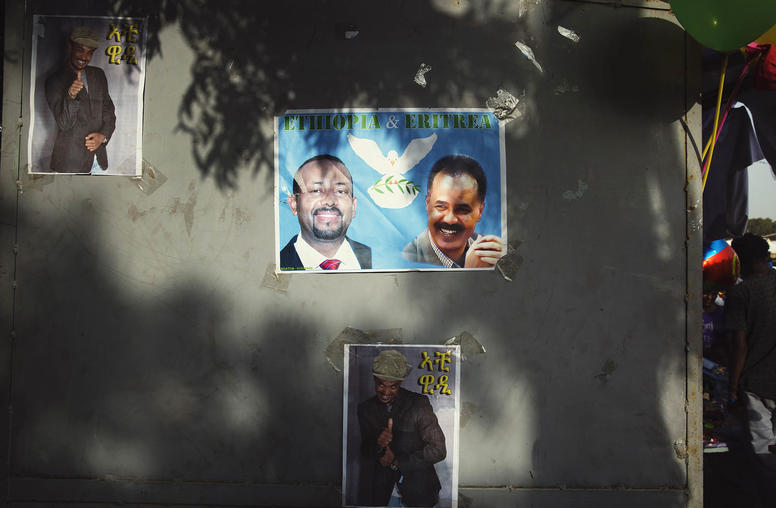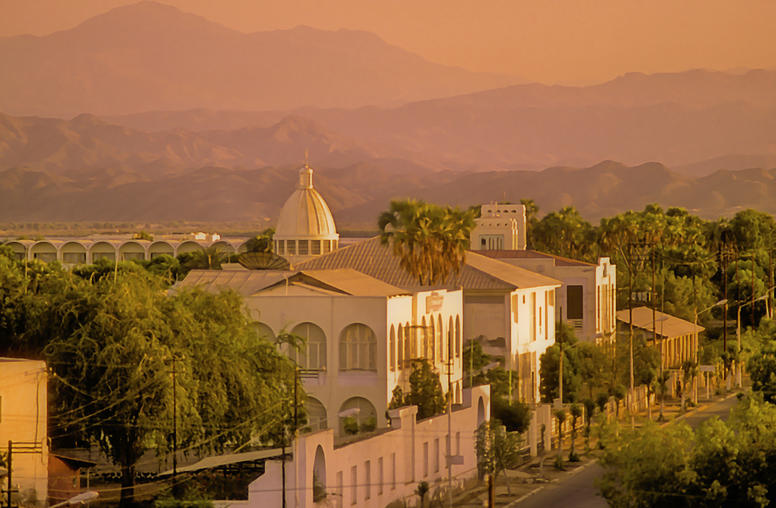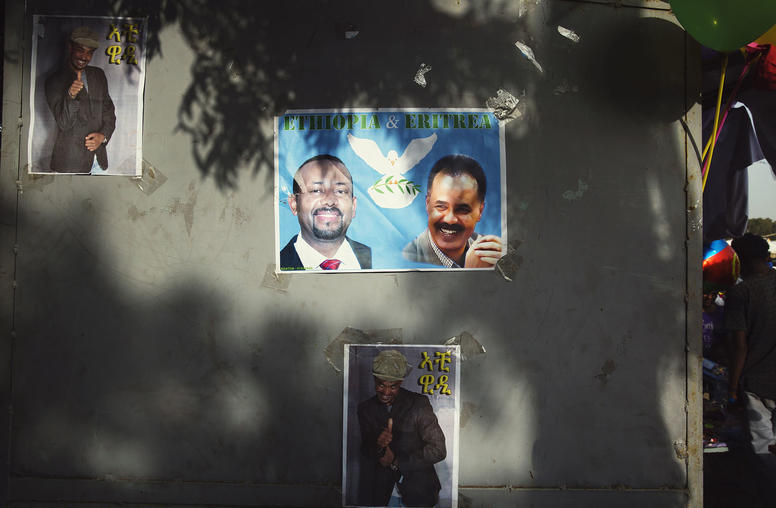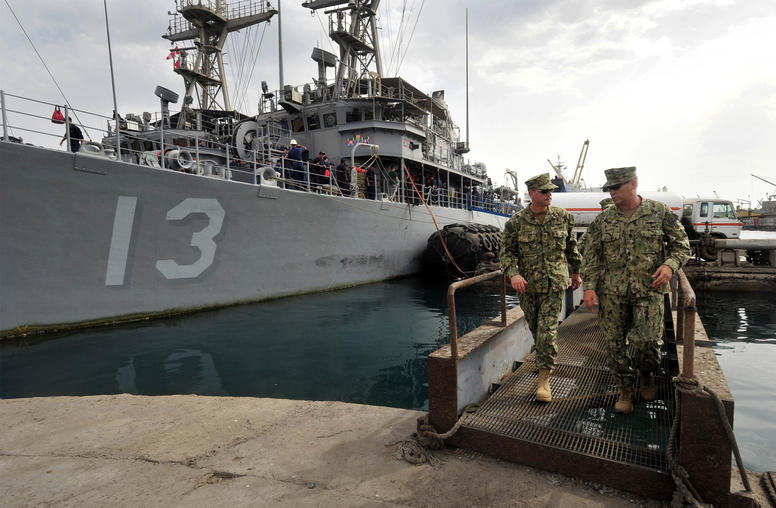Defusing Tension on the Ethiopia-Eritrea Border
Three years after the Eritrea-Ethiopia Boundary Commission delineated the border between the two countries, there are now fears of renewed conflict. In recent months, Eritrea has suspended helicopter flights by the UN Mission in Ethiopia and Eritrea (UNMEE), restricted UNMEE's border patrols, and expelled UNMEE's Western staff. At the center of the ongoing tension lie the disputed claims to the border town of Badme, Ethiopia's assertion that the Boundary Commission's rulings are illegal and unjust, and the stalemate of the border demarcation process.
The UN Security Council has warned that it could consider sanctions if Eritrea does not lift its restrictions on UNMEE and has demanded that Ethiopia accept the findings of the Boundary Commission. Recently, a delegation from the United States government arrived in Addis Ababa to mediate between the parties. What actions can the United States and the international community take to avert another border war? How can UNMEE keep the peace? How can the border demarcation process move forward?
Speakers
- Frits Bontekoe
United Nations Department of Peacekeeping Operations - John Prendergast
International Crisis Group - Gilbert Khadiagala, Discussant
The Johns Hopkins University - Dorina Bekoe, Moderator
U.S. Institute of Peace
Archived Audio
To listen to audio or to view video, please click on the links provided below. You also can right click on the links and choose "Save Target As" or "Download Linked File." This will save the file to your computer and then allow you to play it in your media player directly. More Audio Help
- Listen to the audio from this event.
1:53:12 - 22MB



